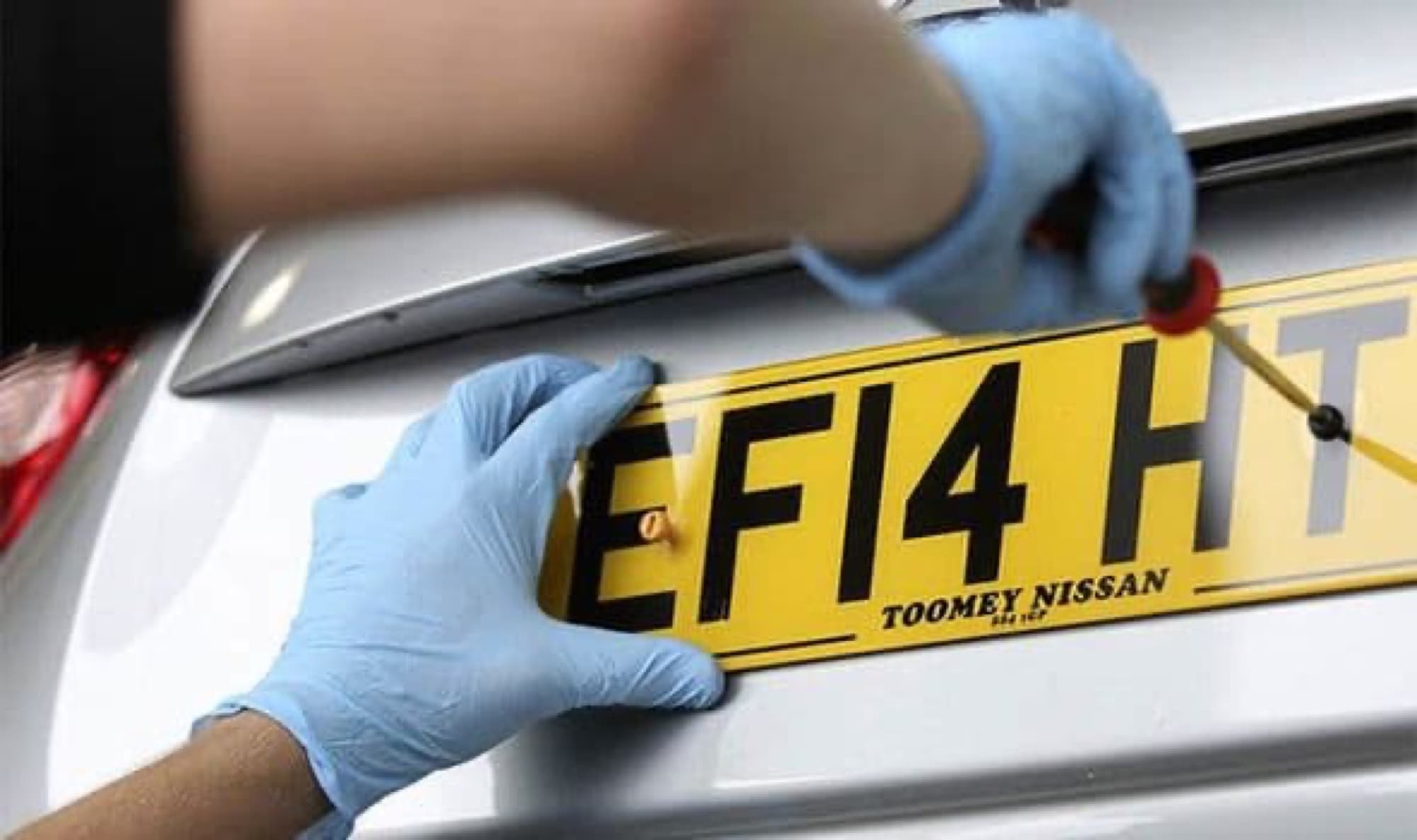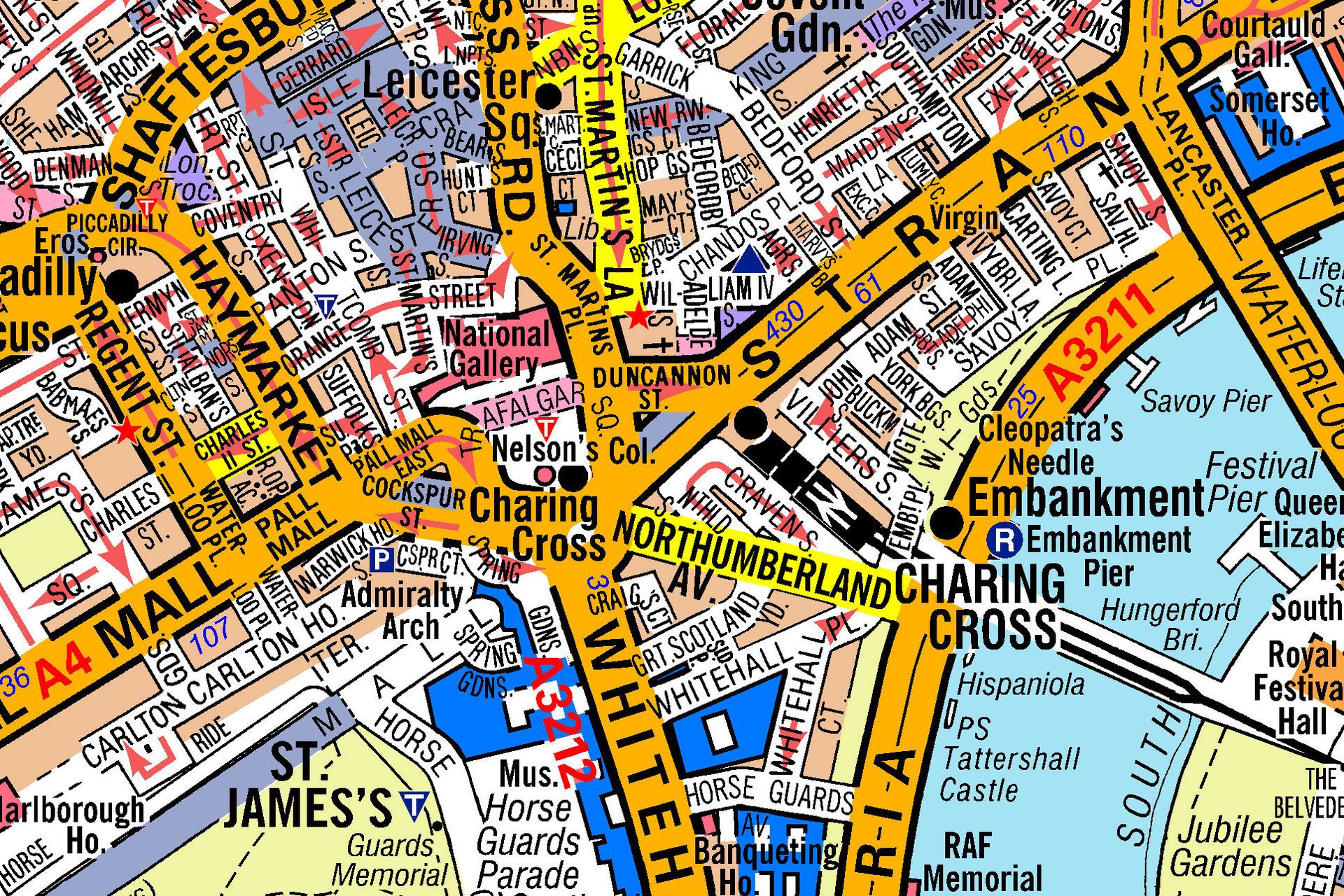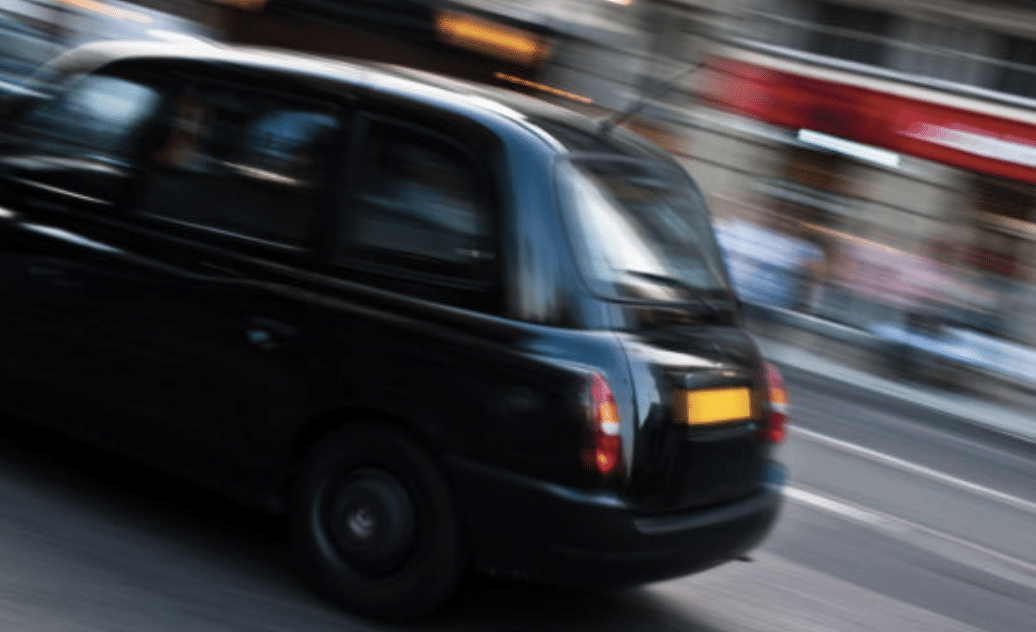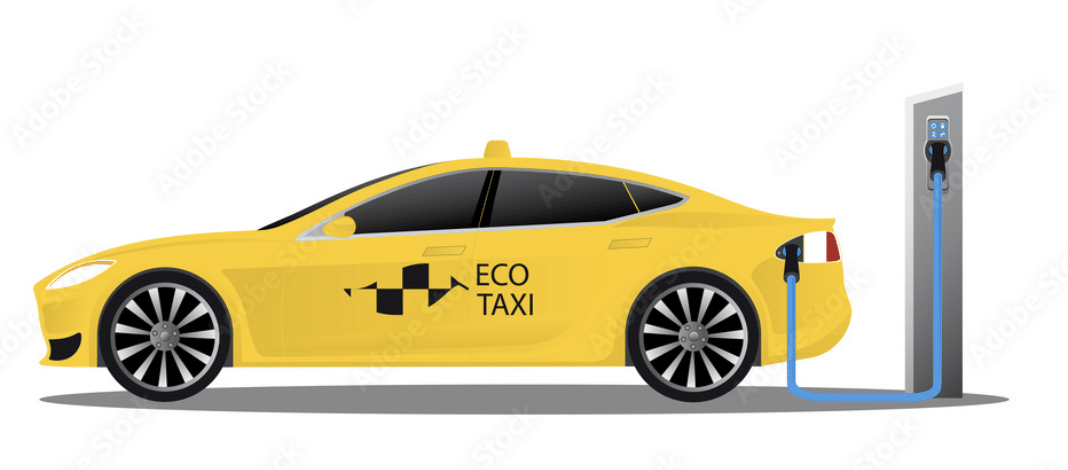Number plate cloning in the UK is on the rise and you could very easily become a victim.
Cloning or vehicle identity theft sees a criminal copying a car’s registration number and then putting it on another car.
The criminals tend to choose a vehicle that has a ‘clean’ history, that’s when the owner doesn’t have previous fines or tickets on their licence.
They also choose a similar make and model – including the colour.
However, you won’t know your plates have been cloned and added to a car by criminals to carry out various illegal acts – from speeding to inconsiderate parking – until the tickets and fines start landing on your doormat.
Here, the Carvine team take a closer look at the issue of number plate cloning in the UK.
Why do criminals clone cars in the UK?
The simple answer is that it makes it harder for police to catch them – so whoever is the registered keeper of the car will be getting fines and penalty notices.
The rise in the number of cloned cars is down to the growing number of Automatic Number Plate Recognition (ANPR) cameras that are being put in place.
These are cameras that will recognise a number plate and match it to a database to check it is insured and has an MoT certificate if required.
However, it’s not just for criminals to rack up penalty points with their cloned car – they are also using them to add ‘green’ number plates to older cars and diesels to enter Clean Air Zones and London’s Ultra-Low Emissions Zone.
They do this to avoid paying the daily charge for entering these zones with a car that emits more pollutants than is allowed to enter for free.
And one reason that criminals can add your car’s registration number is down to the unscrupulous number plate makers who are producing new plates without checking ownership documents.
London has seen a sharp increase in the number of cloned vehicles
To illustrate just how serious the problem of car cloning is becoming, Transport for London has put together some statistics.
According to the Daily Mail, since the expansion of the ULEZ in London, there has been a sharp increase in the number of cloned vehicles being caught and penalised.
The ULEZ was extended to 18 times its original size in October 2020 and more than 4,700 drivers received £160 penalty charges for driving cloned vehicles.
However, the extension has provided a much larger potential catchment area for clones, and according to TfL, the number of penalty charge notices (PCNs) issued to innocent drivers has risen by 631%.
TfL also reports that this is likely to be the tip of the iceberg, as there are legitimate car owners who are unable to prove their innocence when challenging a PCN.
This is a problem that is being faced by an increasing number of drivers in the UK, and one that shows no signs of slowing down.
How to protect your vehicle from number plate cloning
To drive on the UK’s public roads, you need to have a registration plate on your vehicle – that’s that law.
Your vehicle must be registered with DVLA and when the police or ANPR cameras see your car they will check it against a database to see if it is:
- Properly registered
- Has any outstanding fines
- Has valid insurance
- A valid MoT.
While criminals will use a cloned plate – or simply steal them from a similar car – there are some steps you can take to protect yourself. They include:
- Don’t post pictures of your vehicle online. This will allow criminals to take note of the make, model, colour and registration mark associated with your vehicle, making their job a lot easier! They could even identify and replicate some other identifying features to make their work even more convincing
- You should carry out an online search and remove any images of your vehicle
- If you believe any previous keepers have posted images of your vehicle online, it could be worth changing your vehicle registration number
- If it’s an option, park your vehicle in a garage or away from the street. This could prevent any opportunists from having a good look at it and taking note of your registration mark and vehicle characteristics
- Personalise and protect your physical plates by adding a flag, putting them in a number plate protector or using anti-theft screws so the plates cannot be removed.
No method to fight against car cloning can be guaranteed, unfortunately, but these are some of the steps you can take to help prevent it from happening to you.
Report number plate cloning to the police
If you’re receiving fines that may be the result of your number plates being cloned, the first thing you should do is contact the issuing authority for the fine and explain the situation.
You must act quickly.
Next, report the issue to the police and DVLA.
This way, you’re taking the necessary steps to prove your innocence if someone is using your stolen plates. Number plate cloning is a reality in the UK, and it’s important to be as proactive as possible to avoid being penalised for someone else’s actions.
And if you’re trying to prove that your number plates have been cloned, it’s helpful to put together as much evidence as possible.
This might include high-resolution photos of your vehicle’s number plates that clearly show any distinguishing details that can be a good starting point.
For example, your photographs may reveal cosmetic scratches, dents or marks; or other small, personal touches you may have added.
Even the shape of the bumpers or windscreen wipers could help to differentiate your vehicle from the cloned car.
In addition, all legally manufactured number plates must display the supplier’s details – so if your plates have been stolen for use on the cloned vehicle, a good quality photo of them on your vehicle could be useful.
Finally, alterations to things like wheels and alloys can also help to identify your car, so it’s worth mentioning these too if they apply.
Number Plate Cloning FAQs
What is number plate cloning?
Number plate cloning is when criminals illegally copy and use your car registration plate to avoid detection or being pulled over by the police. This can lead to you receiving fines and points on your license, as well as a possible criminal record.
How do I know if my number plates have been cloned?
If you’re suddenly receiving fines or points that you know you haven’t incurred, it’s possible that your number plates have been cloned. You can also check with the DVLA to see if there are any vehicles registered in your name that you don’t recognise.
How do criminals clone number plates?
Criminals will often use high-quality cameras and software to create a replica of your number plate. They may even go as far as to copy other identifying features of your car, like the make, model and colour, to make their clone more convincing.
What can I do to prevent my number plates from being cloned?
There are a few steps you can take to protect your number plates from being cloned, such as parking in a garage or away from the street, using a number plate protector, or adding anti-theft screws.
What should I do if I think my number plates have been cloned?
If you think your number plates have been cloned, you should contact the issuing authority of the fines and explain the situation. You should also report the issue to the police and DVLA. This way, you’re taking the necessary steps to prove your innocence if someone is using your stolen plates.
Number plate cloning in the UK
There’s no doubt that number plate cloning in the UK is a growing problem – and yet most motorists are not aware of it.
With more cities looking to introduce clean air zones means there will be more ANPR cameras to enforce the rules – which means criminals will be cloning more cars.
And that means YOUR car could be cloned and you won’t know about it until the fines start arriving at your home.
Or, even worse, a car cloned with your number plate could be used for a serious crime which means you may get a visit from the police, and you’ll have to prove that you haven’t done anything wrong.
It helps that in recent years there has been a crackdown on where people can buy new number plates but with suppliers willing to ignore the laws means that criminals will always have access to plates for cloning purposes.
And that means you need to be vigilant in case a criminal does clone your car and you become mired in trying to prove your innocence when facing fines and penalty points on your licence.





